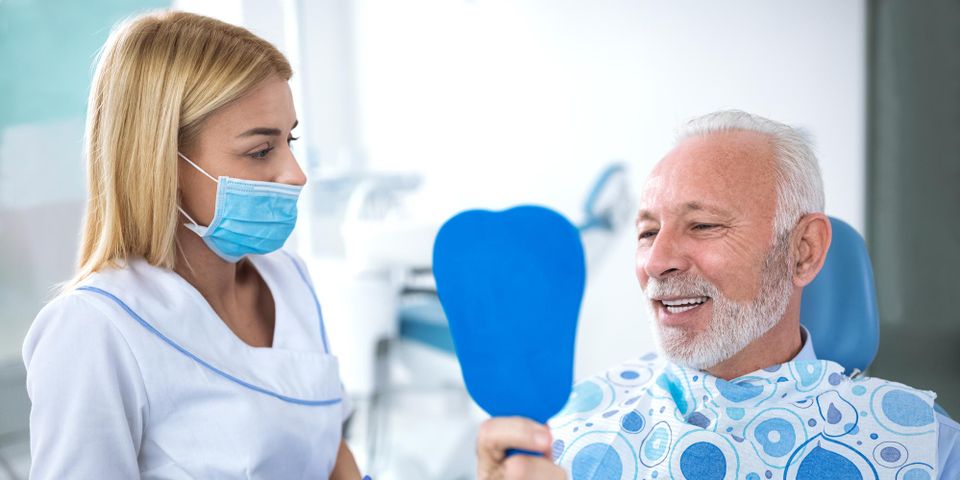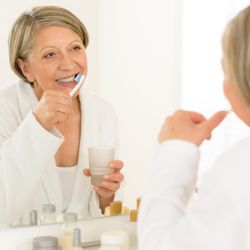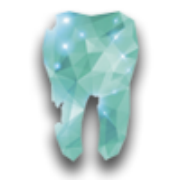
One of the challenges associated with aging is becoming more prone to dental health issues — some even requiring a trip to the family dentist. To keep your mouth healthy, prepare by learning how your mouth changes as you age and knowing what to monitor and to prevent serious issues.
How Does Your Mouth Change as You Get Older?
You’ve been using your teeth for a long time, so your enamel is likely weakened from years of chewing and grinding or stained from decades of consuming coffee, tea, wine, fruit juice, soda, or tobacco. Less tooth enamel means that the layer of dentin beneath it is now exposed, as are nerve endings that can make your teeth sensitive to biting, chewing, and extreme temperatures. Also, if you have dentures and you haven’t had them appropriately fitted at your a family dentist, your gums may inflame and recede.
 Additionally, as your immune system ages, you could be more vulnerable to infections and diseases, including cavities, root decay, periodontitis, and oral cancer. This can be exacerbated if you have dry mouth. Dry mouth occurs when your body has difficulty producing saliva, and it’s often a side effect of medications. Saliva helps destroy harmful bacteria and keeps food remnants from getting stuck in your teeth, so its absence puts your mouth at risk.
Additionally, as your immune system ages, you could be more vulnerable to infections and diseases, including cavities, root decay, periodontitis, and oral cancer. This can be exacerbated if you have dry mouth. Dry mouth occurs when your body has difficulty producing saliva, and it’s often a side effect of medications. Saliva helps destroy harmful bacteria and keeps food remnants from getting stuck in your teeth, so its absence puts your mouth at risk.
How Can These Issues Be Avoided?
Choose a toothpaste with extra fluoride to keep your enamel healthy and prevent your teeth from decaying or becoming infected. Add antimicrobial mouthwash to your oral hygiene routine to be extra sure that your mouth is free of harmful bacteria. Stay well-hydrated, too, especially if you have dry mouth. If you use tobacco, make an effort to quit.
Most importantly, see a family dentist at least twice a year. With professional teeth cleanings, fillings, and digital dental x-rays, problems can be identified and addressed before they become serious. See an emergency dentist if you notice numbness, lumps, sore spots, swelling in your jaw, difficulty chewing or swallowing, or if your ear hurts even though you can still hear. These all could indicate oral cancer.
For individualized and attentive care from a top-notch family dentist, visit Ed Struss Family Dentistry in Lexington, KY. With more than 30 years of experience, Dr. Struss is well-practiced in a wide variety of dental issues, and he keeps his office prepared with the most state-of-the-art equipment available. In every visit, he wants you feel comfortable and leave healthier. For details about his services, call his office today at (859) 278-7434 or explore his website.
About the Business
Have a question? Ask the experts!
Send your question

